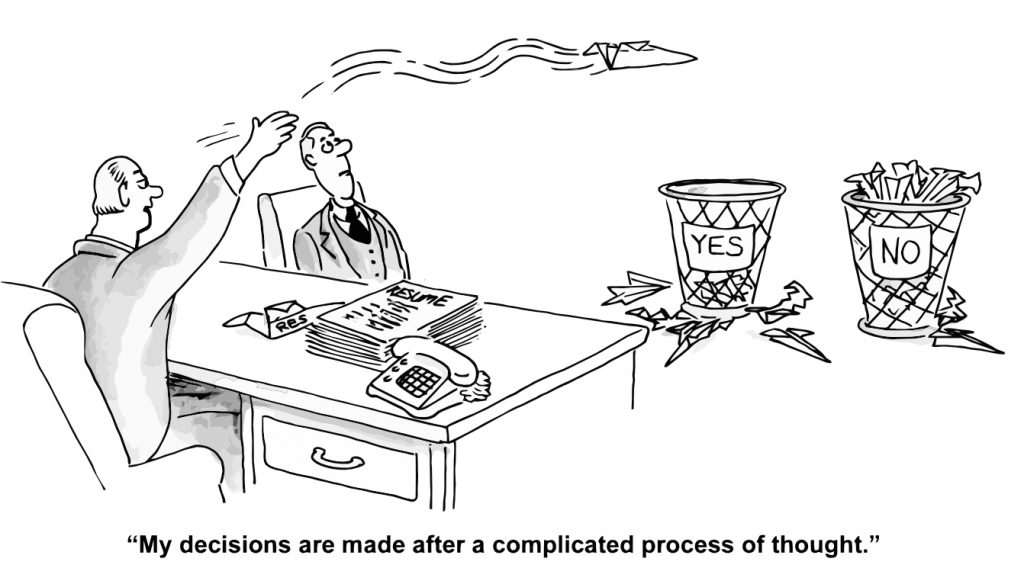It is the rare successful mediation that does not lead one party or both to wonder whether they could have gotten more or given up less. What makes mediated settlement conferences so interesting (and difficult) is the need to make important decisions in a confined period of time without knowing what the other side is willing to accept or give up in exchange for peace.
If both sides came into the mediation and stated honestly their bottom line from the outset there would be little need for mediation. Obviously this never happens and in most cases I have been involved with the parties do not really know their bottom line themselves at the outset of mediation. How can anyone be expected to figure out the other side if they cannot figure out their own position.
Do good negotiators have a natural ability to sense where they can take the other side or is this a learned skill? Are there negotiation skills or techniques that provide intelligence? If not, how does a party make a “good” decision in the face of uncertainty. I have been studying this question formally or anecdotally since I began practicing law and this is the question this blog will explore.
The only thing a party to a negotiation can control is their side of the equation. Perhaps there is a partial answer in that truism.

